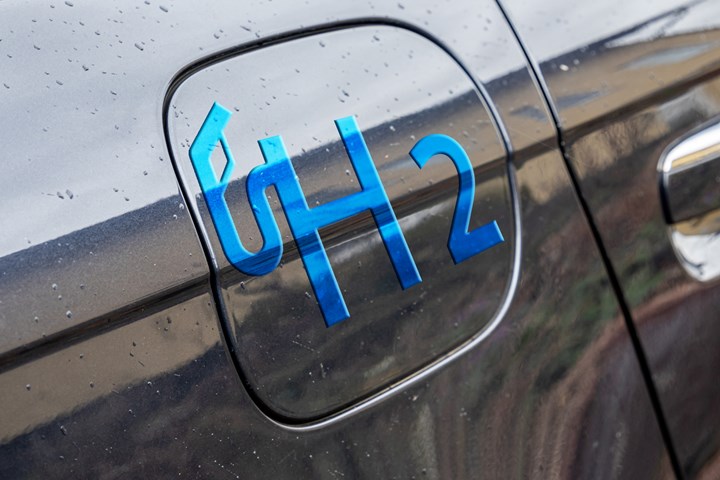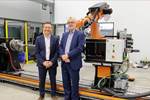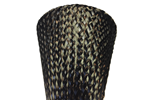FlatHyStor project to advance hydrogen storage system R&D for hydrogen-powered vehicles
Hexagon Purus joins forces with BMW, Bosch and TesTneT for €6 million project, brings expertise in Type IV high-pressure cylinders.
Share
Read Next

Photo Credit: iStock
Germany-based (Munich), (Gerlingen), TesTneT Engineering GmbH (Oberding) and Hexagon Purus (Ålesund, Norway) are working together in research and advanced development of an innovative hydrogen storage system solution for future fuel cell passenger cars.
The project, called FlatHyStor — “Functional design and testing of an innovative hydrogen tank system” — has a total project budget of €6 million (~$6.9 million) by the German BMWi (Federal Ministry for Economic Affairs and Energy). The aim of the project is to develop an advanced hydrogen storage system solution for the flat space of light-duty car underbodies that are usually intended for the integration of the battery modules in battery electric vehicles (BEVs).
The consortium is led by BMW, which will coordinate the different activities and provide the technical specifications for the storage system integration and application. Hexagon Purus will develop the high-pressure Type IV hydrogen cylinders as well as the corresponding vehicle integration structure. Robert Bosch GmbH will develop the advanced tank valve and high-pressure regulator technology and TesTneT Engineering GmbH will deliver the validation of the storage components according to the latest codes and standard evolutions.
“We are excited to participate in this project with BMW, Bosch and TesTneT. This cooperation confirms our leading position as a Type IV high-pressure cylinder manufacturer and as a Tier 1 supplier of complete system solutions to OEM customers,” says Michael Kleschinski, executive VP LDC, Hexagon Purus.
The first prototypes of the 700-bar high-pressure storage systems are due to be delivered by the end of 2022.
Related Content
-
Creating a composite battery insert-stud solution for EV trucks
Bossard worked with an OEM and Tier supplier team to meet tight electrical insulation and packaging tolerances while reducing tooling, molding and assembly costs.
-
Carbon fiber, bionic design achieve peak performance in race-ready production vehicle
Porsche worked with Action Composites to design and manufacture an innovative carbon fiber safety cage option to lightweight one of its series race vehicles, built in a one-shot compression molding process.
-
McLaren develops aerospace-inspired ART method for volume composite super car engineering
Automated rapid tape (ART) technique, already deployed at the MCTC and to be used for future McLaren models, is capable of producing lighter, stiffer and stronger carbon fiber structures with less waste.






